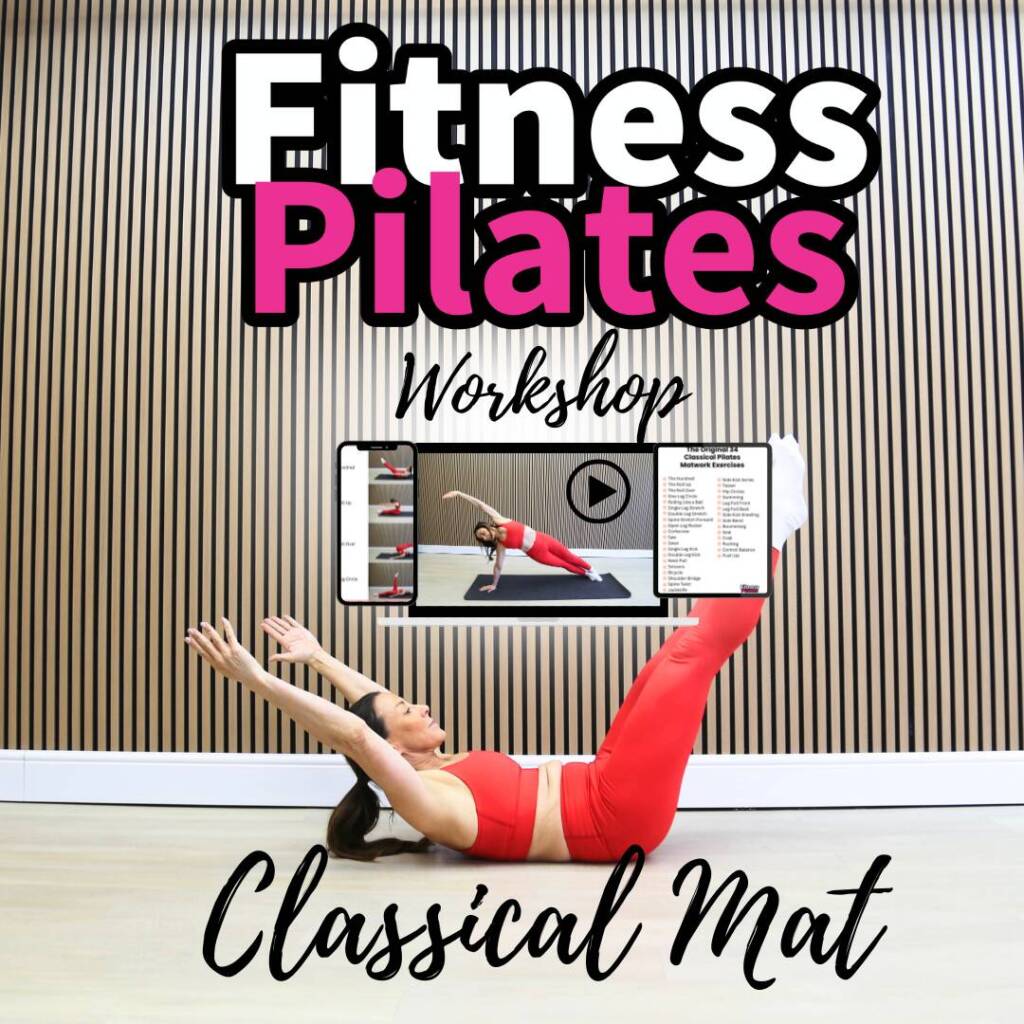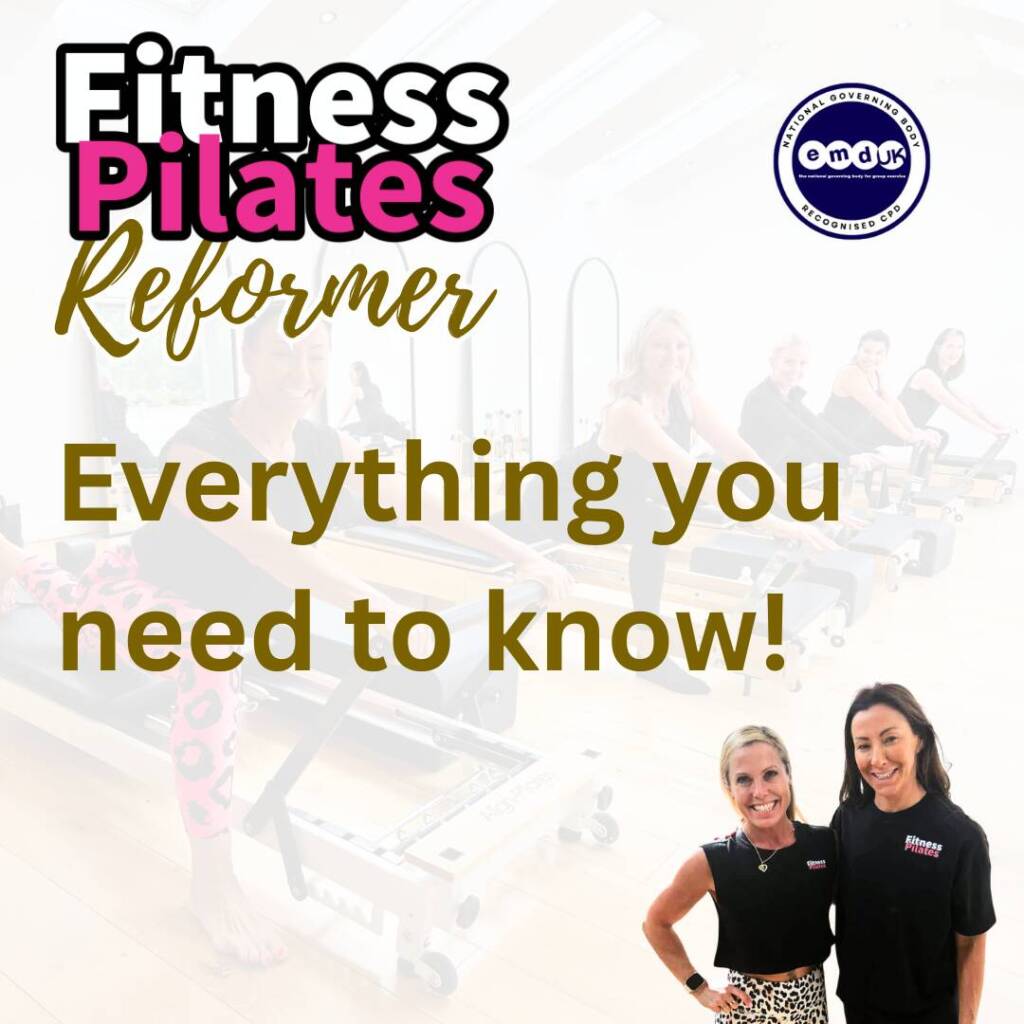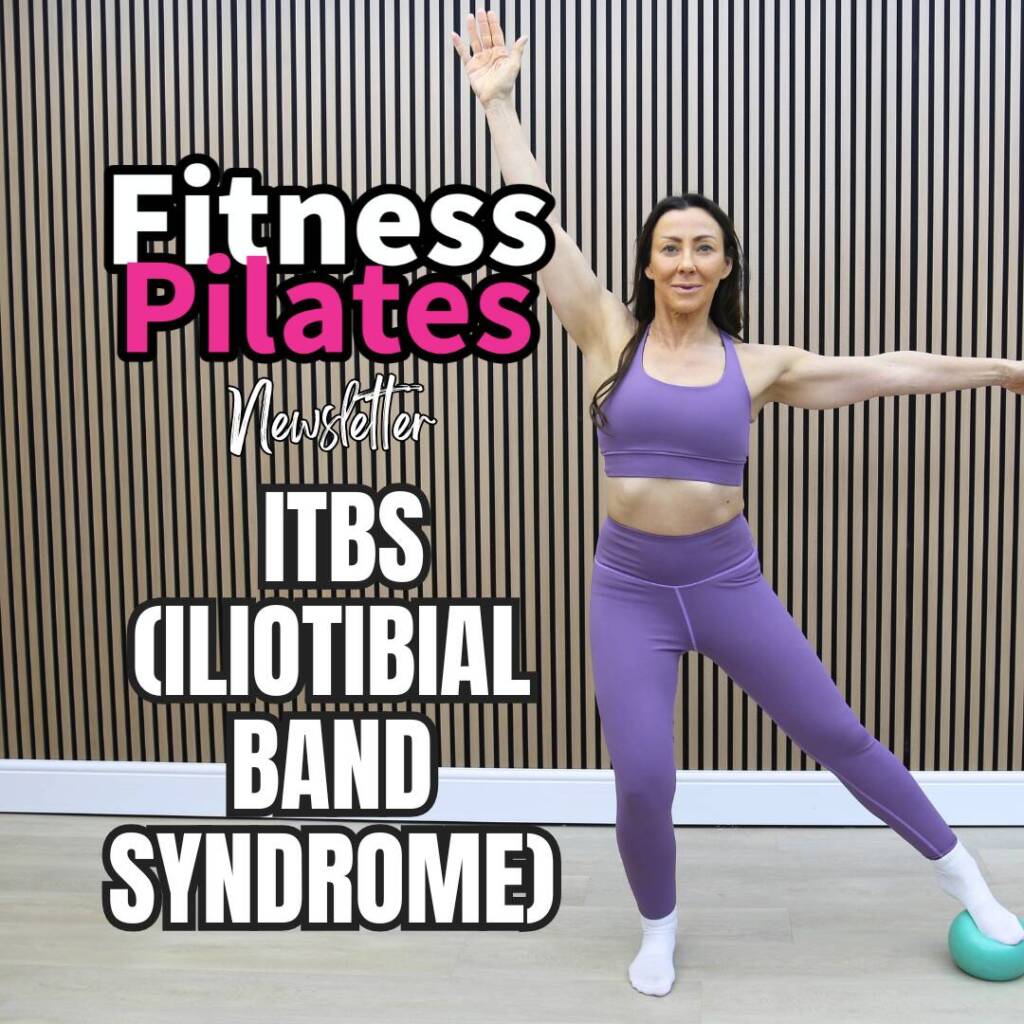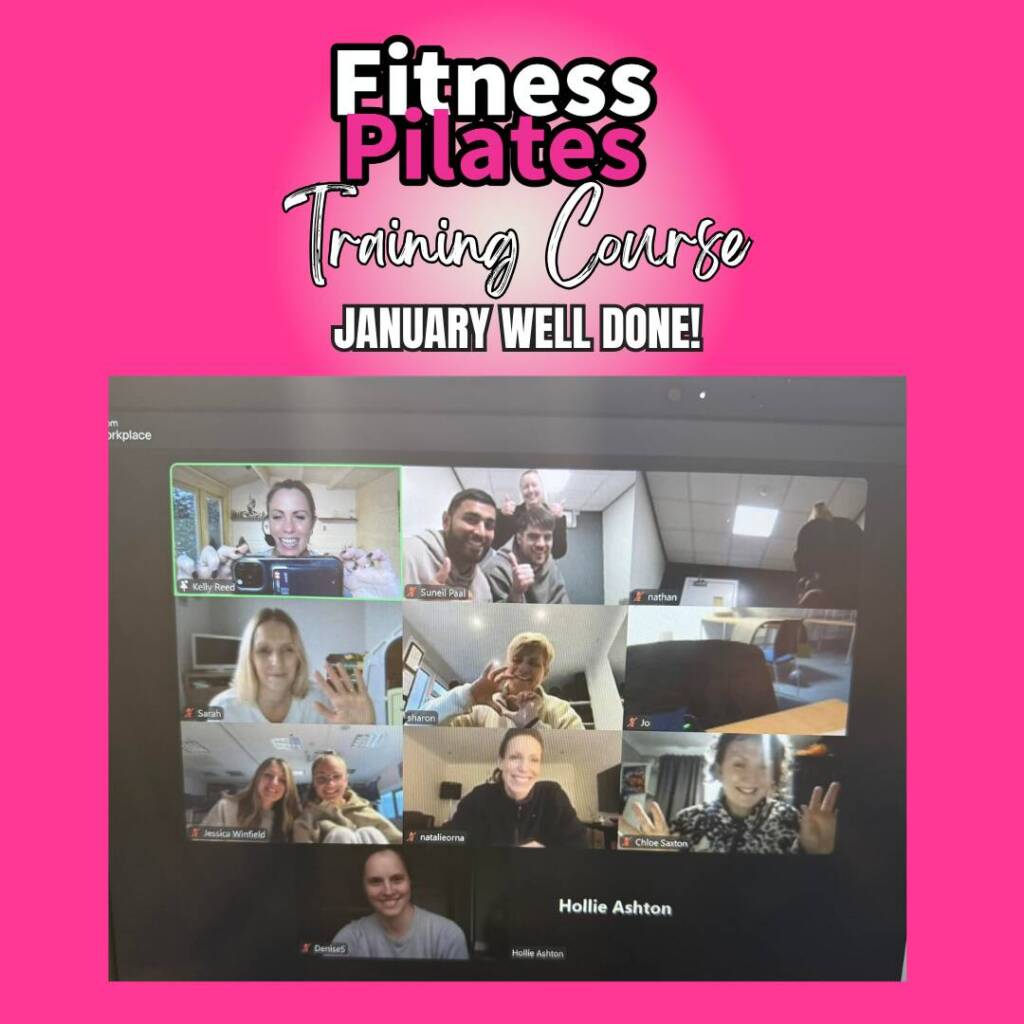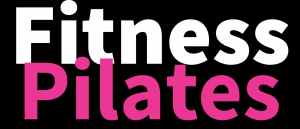
The Fitness Pilates Blog
GLP-1 Medication in Fitness Pilates
I hope you’ve had a wonderful week. We’re almost into October and Menopause Awareness Month, and there’s a lot happening. I am STILL buzzing from the Summit it was so good I hope you can make the next one.
I’ve launched a series of Reformer Masterclasses here at the C2GO Studio in Derbyshire. If you’d like to experience Reformer in a lovely, immersive environment, have a chat, and meet other FP teachers, then why not book a place on one of the masterclasses? All the details are below — I would love to see you in person and take you through a Reformer session.
Today’s Focus: GLP-1 Medication in Fitness Pilates
You may already have clients in your Fitness Pilates classes who are taking GLP-1 medication — some may disclose this on their PAR-Q, while others may not.
What are GLP-1s?
- GLP-1 stands for glucagon-like peptide-1 receptor agonists.
- They mimic a natural hormone produced in the gut after eating.
How they work:
- Slow down stomach emptying → you feel fuller for longer.
- Reduce appetite and food cravings by acting on the brain.
- Increase insulin release (when glucose is present) and reduce glucagon.
- Improve blood sugar control and support weight loss.
Examples include:
- Semaglutide (Ozempic, Wegovy, Rybelsus)
- Liraglutide (Victoza, Saxenda)
- Dulaglutide (Trulicity)
- Tirzepatide (Mounjaro/Zepbound — a dual GIP/GLP-1 agonist)
Benefits:
- Better blood glucose regulation in type 2 diabetes
- Significant weight loss in many people
- Some cardiovascular protection (reduced risk of heart attack/stroke in certain patients)
Possible side effects:
- Nausea, bloating, constipation, diarrhoea (often improve over time)
- Rare but serious risks: pancreatitis, gallbladder issues, thyroid tumours (seen in animal studies)
Why lifestyle still matters:
- GLP-1s work best when combined with healthy eating, movement, strength training, sleep, and stress management.
- Without these foundations, weight regain is common once the medication stops.
 Key Considerations for Fitness Pilates Teachers with GLP-1 Clients
Key Considerations for Fitness Pilates Teachers with GLP-1 Clients
1. Energy & Fatigue
- Appetite suppression can mean clients are under-fuelled.
- Watch for dizziness, tiredness, or poor concentration, especially in balance work.
- Suggest light fuelling before class (e.g. small protein snack).
2. Gastrointestinal Issues
- Nausea, bloating, or digestive discomfort may affect movement.
- Allow breaks and offer alternatives to deep flexion or prone positions.
3. Hydration
- Reduced thirst cues = dehydration risk.
- Encourage clients to sip water during class.
4. Strength & Muscle Mass
- Low protein intake can lead to lean mass loss.
- Emphasise Pilates strength elements (core, glutes, posture).
- Promote strength training beyond Pilates too.
5. Psychological Factors
- Rapid weight loss may affect confidence and body image.
- Use positive, inclusive language — focus on posture, strength, and wellbeing, not weight alone.
6. Recovery & Overtraining
- GLP-1s are not a substitute for lifestyle changes.
- Remind clients to balance activity with good nutrition, sleep, and recovery.
 I’d love to hear your thoughts — have you noticed any clients on GLP-1s in your classes?
I’d love to hear your thoughts — have you noticed any clients on GLP-1s in your classes?
It’s a huge subject!
Have a great Sunday
Rachel x
**NEW**
Launching our small exclusive Reformer Teacher Training Studio here at C2GO HQ in Derbyshire. REFORMER DATES
Fitness Pilates Reformer – In Person, Derbyshire NG16 4HA
- 17 October – Click here
- 7 November – Click here
Fitness Pilates Reformer ONLINE on Zoom
- 22 October – Click here (Choreographytogo)
- 26 November –
- 17 December
Level 3 Reformer Teacher Training (In Person – Derbyshire )
- 9th October SOLD OUT
- 6th November
- 15 JAN 2026
We are both so excited to be launching the new teacher training studio dedicated exclusive hands on Reformer Teacher Training if you need to have a chat about any of our courses please feel to whats app me 07976 268672
Join the weekly free Fitness Pilates newsletter here
UPCOMING PILATES COURSES
See the next Fitness Pilates training course dates here
See the next Reformer pilates training dates here
See the next Level 3 Pilates dates here
Have You Trained to Teach Fitness Pilates?
If you’re a qualified Fitness Pilates instructor, did you know that it’s required for insurance purposes — to update your CPD (Continuing Professional Development) every two years? See our updated list of CPD courses here
Share this post:
Latest Fitness Pilates Courses & Classes

Fitness Pilates Reformer Certification Face to Face 5th FEBRUARY GLOUCESTER NUFFIELD
£547.00

Creative Reformer Classes – Online Workshop
£75.00 Original price was: £75.00.£60.00Current price is: £60.00.


The latest Fitness Pilates blogs & news
Join the Fitness Pilates newsletter
A short description introducing your business and the services to visitors.





 Key Considerations for Fitness Pilates Teachers with GLP-1 Clients
Key Considerations for Fitness Pilates Teachers with GLP-1 Clients